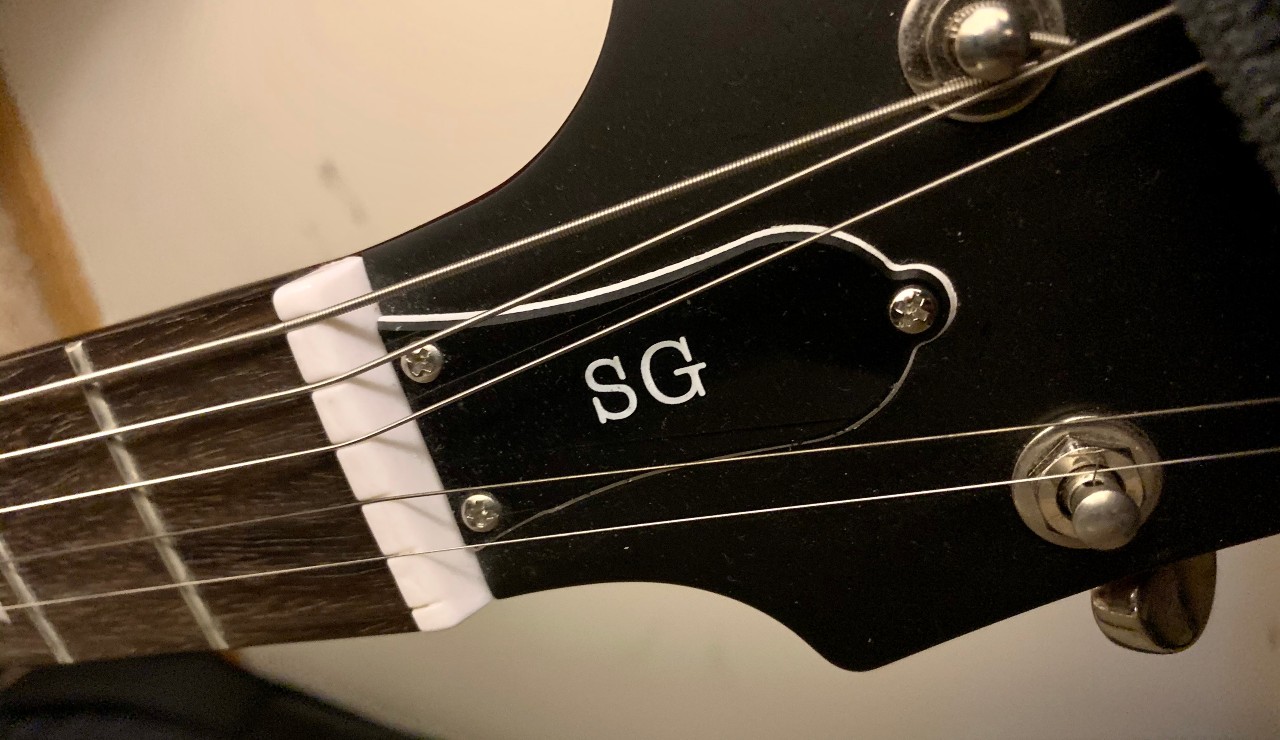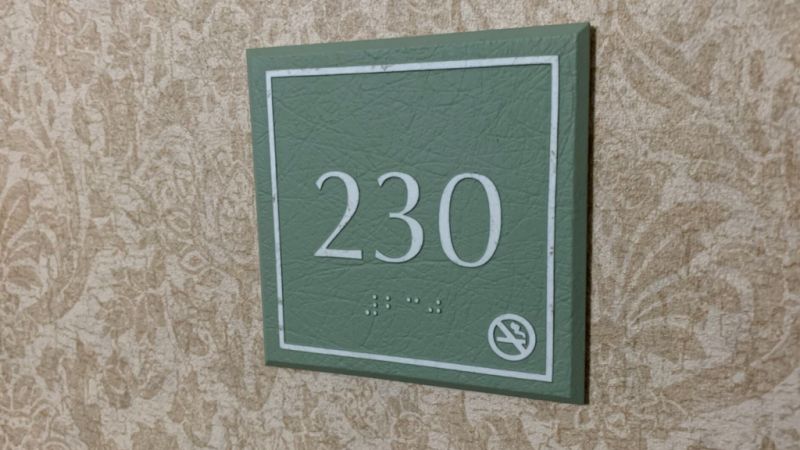Court orders use of “negative keywords”
Orion Bancorp, Inc. v. Orion Residential Finance, LLC, No. 07-1753, 2008 WL 816794 (M.D. Fla., March 25, 2008)
Plaintiff Orion Bancorp, Inc. is a bank operating under the ORION name and registered trademark since 2002. Defendant Orion Residential Finance, LLC provides financial and real estate related services, and used the term “Orion” in interstate advertising and in the domain name “orionresidentialfinance.com” without Orion Bancorp’s authorization or consent.
The court entered an agreed permanent injunction, ordering Orion Residential Finance to refrain from any and all use of the term “Orion”. The defendant was prohibited from purchasing the word “Orion” as a keyword to trigger sponsored advertising. Moreover, it was required to activate “Orion” as a “negative keyword” (specifically preventing Orion Residential Finance’s ads from appearing when one searches using the terms “Orion”).
N.D. Cal.: Competitor’s trademark as keyword causes initial interest confusion
Storus Corp. v. Aroa Marketing Inc., 2008 WL 449835 (N.D. Cal. Feb. 15, 2008).
Plaintiff Storus Corporation (“Storus”) sued Defendants Aroa Marketing, Inc. (“Aroa”) and Skymall, Inc. (“Skymall”) for trademark infringement based on the defendants’ use of Storus’ mark “Smart Money Clip” to trigger sponsored listings. Storus sells its patented Smart Money Clip, and Aroa sold competing products under its Steinhausen mark which were marketed as the “Smart Money Clip”. Aroa tried unsuccessfully to argue that Storus’ mark was a descriptive term not entitled to protection (but offered no evidence of lack of secondary meaning, i.e., it did not prove consumers do not think of Storus when they see the Smart Money Clip mark).
The Court found that Aroa’s use of Storus’ mark in the sponsored ad caused initial interest confusion. In 11 months, the ad was displayed 36,164 times in response to a search for “smart money clip,” resulting in 1,374 clicks on Aroa’s ad. The court found that the marks were identical, were used on the same type of product, and were marketed via the Internet. (Even though Aroa’s mark appeared in the ad, Storus’ mark appeared first, was larger, and was underlined).
11th Circuit: Competitor’s Trademark as Keyword Likely to Cause Confusion
North American Medical Corp. v. Axiom Worldwide, Inc., 2008 WL 918411 (11th Cir. April 7, 2008)
Eric Goldman has a thorough report on his Technology & Marketing Law Blog of a case where the defendant’s use of the plaintiff’s ACCU-SPINA and IDD THERAPY trademarks in metatags constituted use in commerce, and thus trademark infringement where a Google search listed the defendant as the second most relevant organic search result (below the plaintiff). In a footnote, the court did hint that if the defendant’s website included an explicit comparative advertisement, things might have come out differently.
Possible Class Action Suit against Google and PPC Groups
Finally, Sarah Bird reports on SEOmoz.org that a class action trademark and ACPA lawsuit against Google and other domain parking agencies will move ahead. (Goolge’s adsense program contributes to the pay-per-click links on “parked”, i.e., recently acquired, or tasted domain names). The Plaintiff’s are seeking to hold them liable for these PPC links which may offer competing goods. Though for Google’s part, it notes on its FAQ that it is not responsible for the domain names on which its adsense ads appear, it seems disingenuous to suggest that their algorithms are not behind the PPC links that appear. Google’s method for trademark owners to object to sponsored links places the burden for policing this practice on mark owners.



